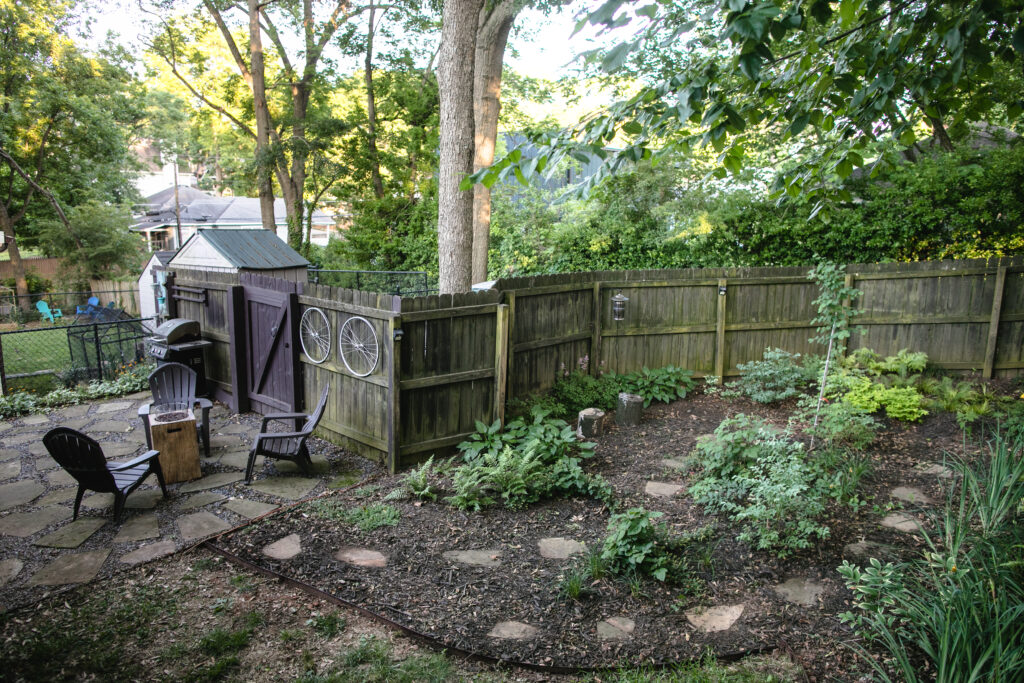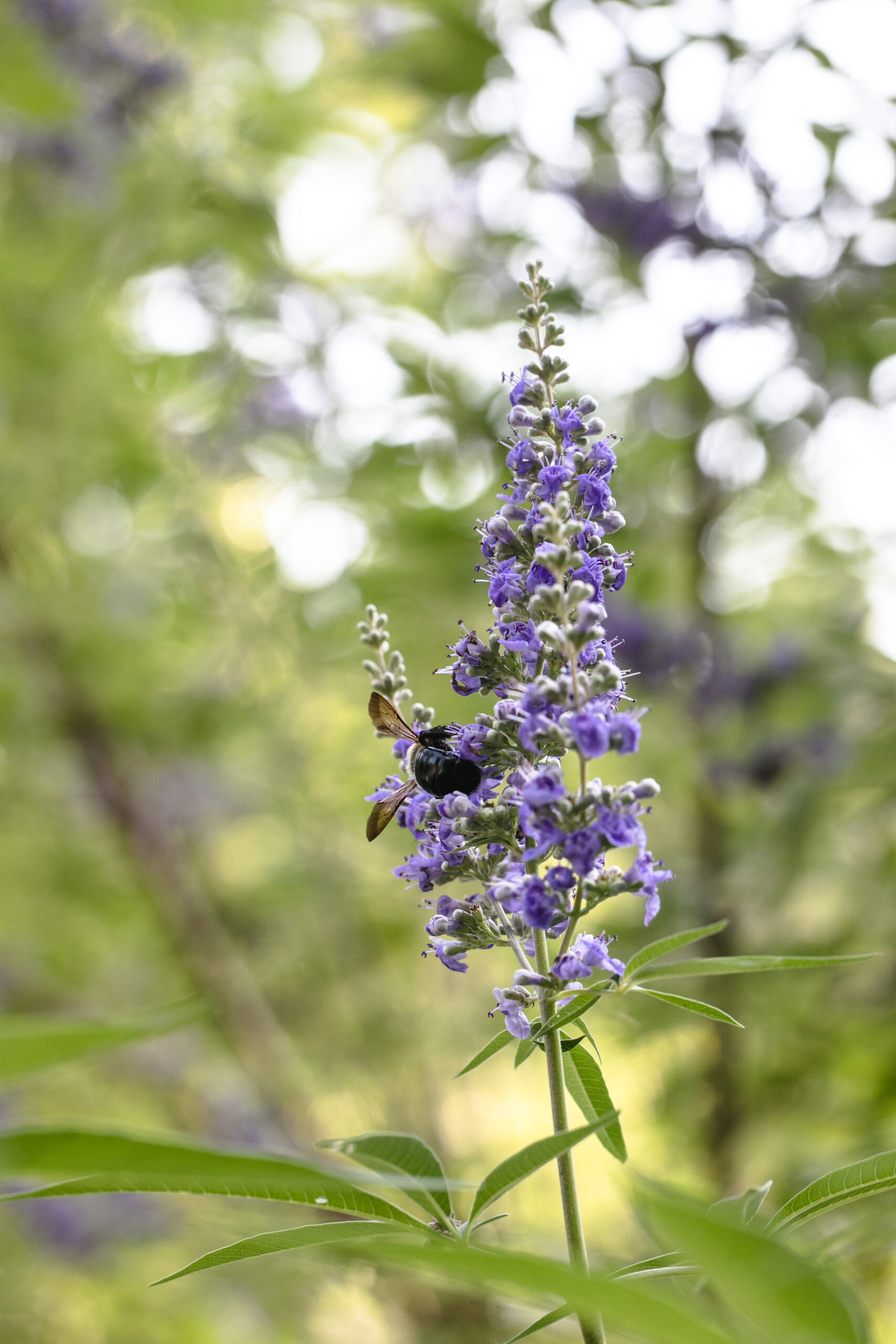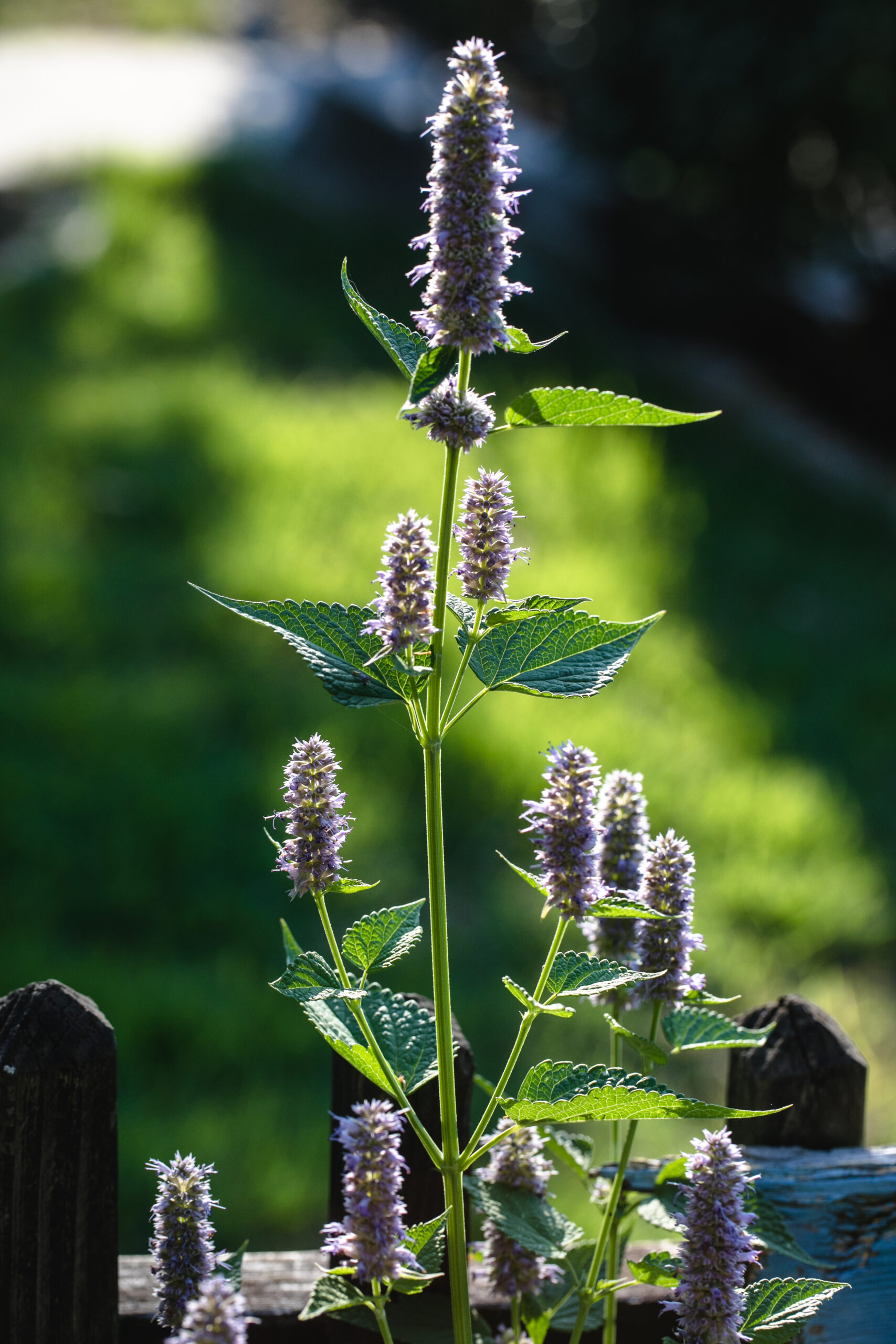In a world that often feels disconnected and fast-paced, many of us are longing for a way to slow down, to live with more intention, and to feel rooted again. Permaculture offers more than just practical tools for growing food or building sustainable landscapes—it offers a philosophy of deep connection with the natural world.
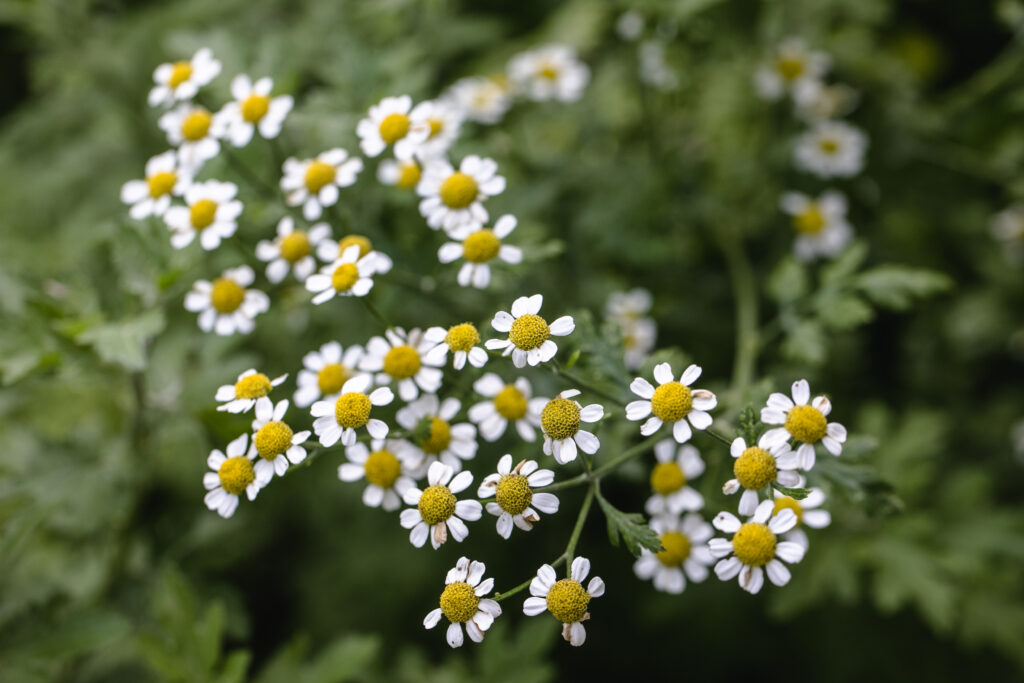
When we step into a permaculture mindset, we’re not just learning how to tend a garden—we’re learning how to tend a relationship. One that’s reciprocal, grounded, and healing.
🌱 What Is Permaculture, Really?
Permaculture is a combination of the words “permanent” and “agriculture,” which points to creating lasting and productive systems that yield food, fiber, and fuel year after year. It is an ethical design science and methodology integrating human activity with natural surroundings to create highly efficient, self-regenerating ecosystems.
It’s a combination of:
- Ethics: Care for the Earth, Care for People, and Fair Share
- Principles: Like “observe and interact,” “use and value diversity,” and “integrate rather than segregate.”
- Practices: From food forests and water catchment systems to earthworks and soil regeneration
But more than any list of techniques, permaculture invites us to slow down, observe, and listen.
🍂 Observation: The Gateway to Relationship
The first step in any permaculture project is simple: observe. Watch the sun’s path, track where the rain flows, notice the birds and insects, listen to the wind.
This practice of observation shifts us out of a mindset of control and into one of curiosity and humility. It reminds us that the land isn’t a blank canvas—it’s a living, dynamic partner in the design process.
The longer we observe, the more we begin to see patterns and relationships we’d never noticed before. And this is where connection begins—not from doing, but from paying attention.
🌾 Reciprocity: Giving Back to the Land
When we honor that our relationship with the land is founded upon reciprocity, we enter into an exchange that continuously makes adjustments to come into balance and union with our gardens, our land, and Mother Earth herself
We build soil, not strip it. We harvest rainwater, not deplete aquifers. We plant for pollinators, not just our own aesthetic inclination. We design for generations to come, not just our own pleasure.
Every compost pile, every swale dug, every seed planted with care is a form of reciprocity. We begin to see ourselves not as separate from nature, but as participants in a larger system—a web of give-and-take that thrives on balance and respect. And when we value this reciprocal relationship, the land gives back ten-fold.
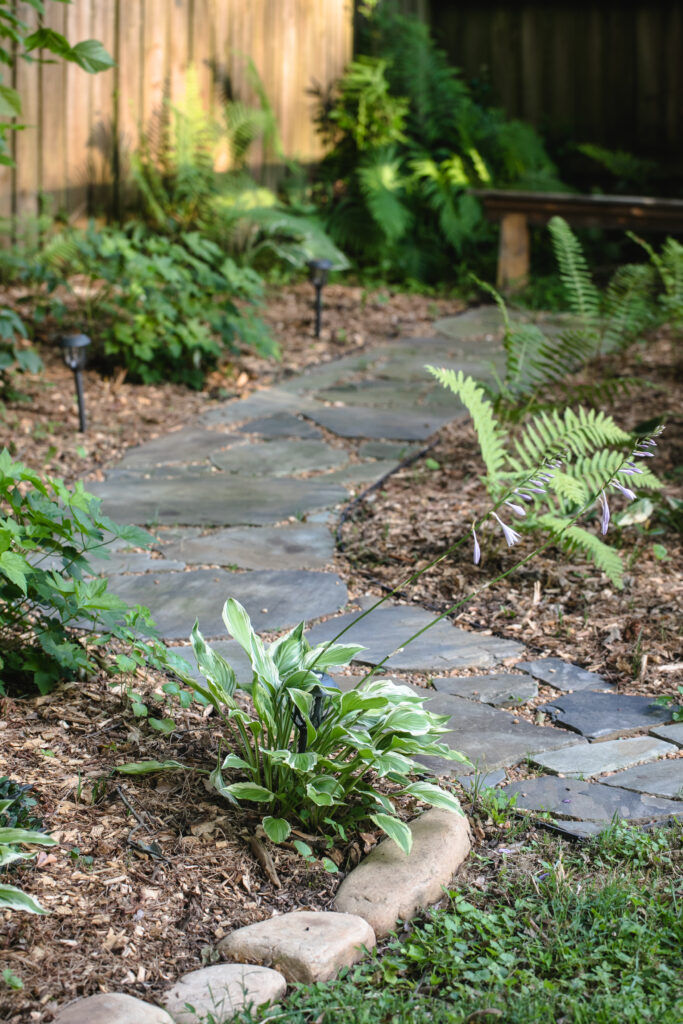
🐝 Rewilding Ourselves
In the process of reconnecting with land, something else happens:
We begin to rewild ourselves.
We start syncing our lives with the seasons.
We get our hands in the dirt.
We listen to the weather like it’s telling us something important—because it is.
We remember that we are nature, too. A part of the bigger web.
This isn’t just romantic or idealistic—it’s grounding. Studies show that spending time in nature improves mental health, lowers stress, and boosts creativity. But beyond that, it reawakens a part of ourselves that modern life often dulls: our instinctual, connected, earth-based selves.
🔄 The Feedback Loop
As we care for the land, the land cares for us. It feeds us, cools our homes, filters our water, and inspires us daily. The more we participate in this relationship, the more we realize: This isn’t stewardship—it’s kinship.
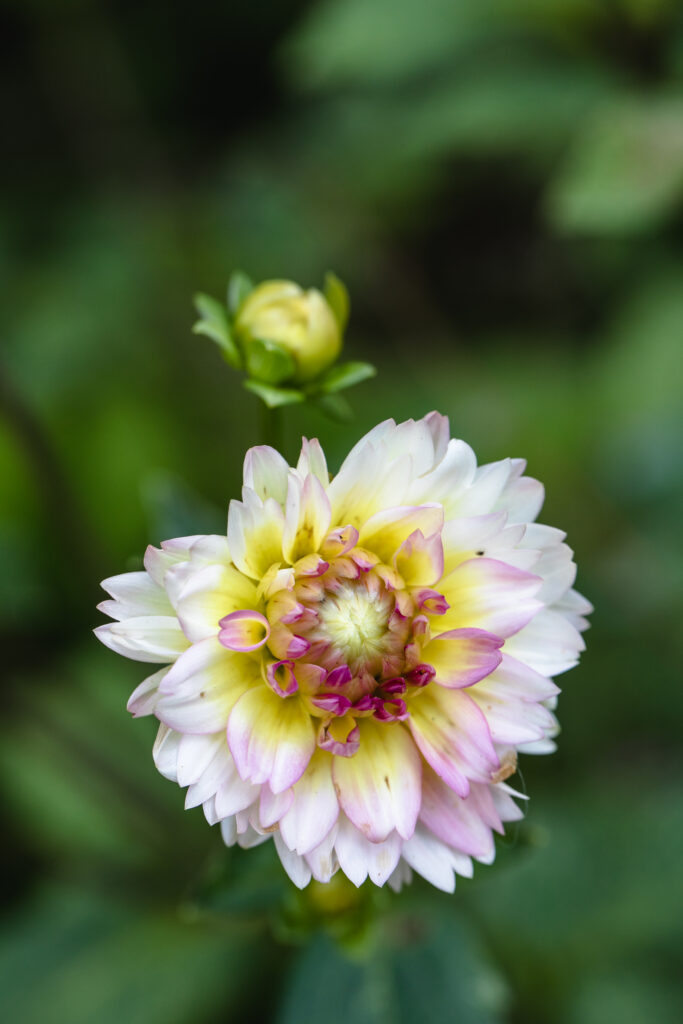
🌍 A New (and Ancient) Way Forward
In many ways, permaculture is not new at all. It’s a weaving together of Indigenous knowledge, traditional land wisdom, and modern ecological science. It reminds us of how people have lived in relationship with the land for millennia—and how we can begin again. So whether you’re planting herbs for medicine, learning to build hugel beds, dreaming up a food forest, or simply learning to observe your local ecosystem more deeply, remember:
Connection starts with attention.
Relationship starts with reciprocity.
And healing starts with remembering we belong.
